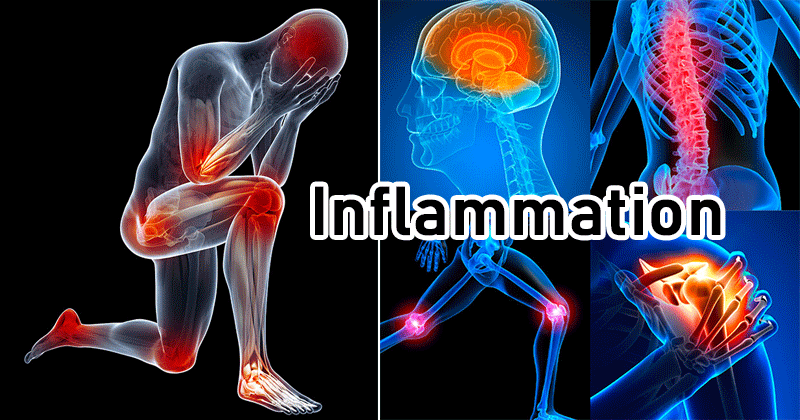The Anti-Inflammatory Plate
- Essence of Health Wellness Clinic & Coaching

- Aug 11, 2023
- 3 min read

I coach individuals who are challenged by conditions of insulin resistance, including Pre-Diabetes, Diabetes, Polycystic Ovarian Syndrome (PCOS), and Chronic Obesity.
These conditions have several things in common, an overactive response to glucose or sugar and inflammation triggered by glucose and hormonal changes within the body.
So let's chat today about inflammation and how the foods we consume may be contributing to our experience with these health conditions.
One common theme for all of these conditions is that inflammation can be reduced with physical activity, weight loss, and a healthy diet.
And because what we eat has such a powerful impact on the development of good health versus the development of disease and health conditions, I’ll share with you 10 tips for building your anti-inflammatory plate:
Eat multiple servings per day of fruit and vegetables.
Eat at least two cups of dark leafy green vegetables per day and multiple servings of beets per week to get those anti-inflammatory phytochemicals that we discussed. One product I like to use is Beet Boost. It contains the extract from beets, tart cherries, and oranges. I often add it to a smoothie to help power me through endurance training and help me with muscle and joint recovery after a workout. I’ll place a link for it in the show notes.
Opt for fruits including cherries, strawberries, raspberries, blueberries, blackberries, and other red and purple fruits which have a natural anti-inflammatory effect from the pigment called anthocyanins that are found in these particular fruits.
Eat beans, one half cup, two to three times a week. Beans are loaded with fiber, protein, and anti-inflammatory compounds that naturally reduce inflammatory markers within the body. And, because beans are high in fiber they can aid in weight loss which is also helpful in reducing inflammation and lowering one’s risk for these inflammatory conditions.
Limit Nightshade Vegetables. Nightshade vegetables include eggplant, tomatoes, red bell peppers, and potatoes. There are mixed reviews regarding if these vegetables contribute to flares of arthritis. For some, however, they may contribute to pain flares. If starting on an elimination diet to improve your arthritis, start by avoiding these particular vegetables, then you can try slowly reintroducing them into your diet individually, to see if they may cause flares of pain for you.
Avoid fatty meats including red meat and organ meats. As we previously discussed, these foods increase inflammatory conditions within the body. They also promote weight gain and cardiovascular disease further increasing an individual’s risk of complications related to their inflammatory condition.
Avoid sugary foods and drinks. Fructose commonly found in processed foods and beverages, has been linked to contributing to inflammation within the body.
Eat omega-3 rich foods like flaxseeds, hemp seeds, chia seeds, seaweed, walnuts, and salmon if you consume fish. Omega-3 fatty acids have been shown to be helpful in reducing inflammation in the body.
Eat unprocessed whole grains like brown rice, oatmeal, and quinoa which are high in fiber, and can help with weight loss and with reducing the risk of these inflammatory conditions which are increased in individuals affected by chronic obesity.
Hydrate well with water, not alcohol. Alcohol is often derived from sugar and carbohydrates and the components of alcohol can increase inflammation. Hydrating with water also promotes healthy kidney function which is important for filtering out those harmful components and toxins within the body that may promote inflammation.
Remember that you are in charge of your health and can make small changes to improve your health, prevent and reverse many common chronic health conditions.
The Essence of Health is in You!







Comments